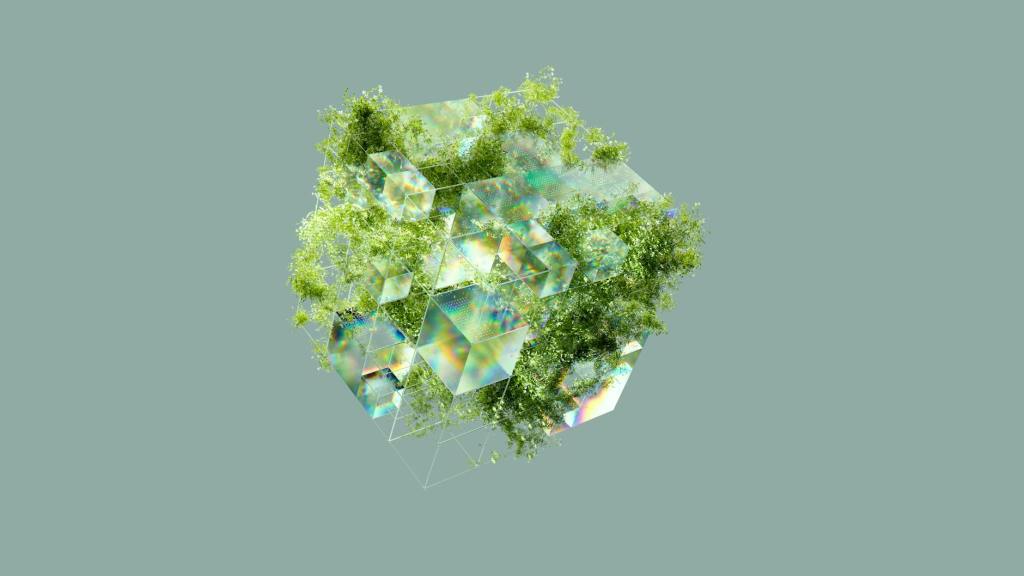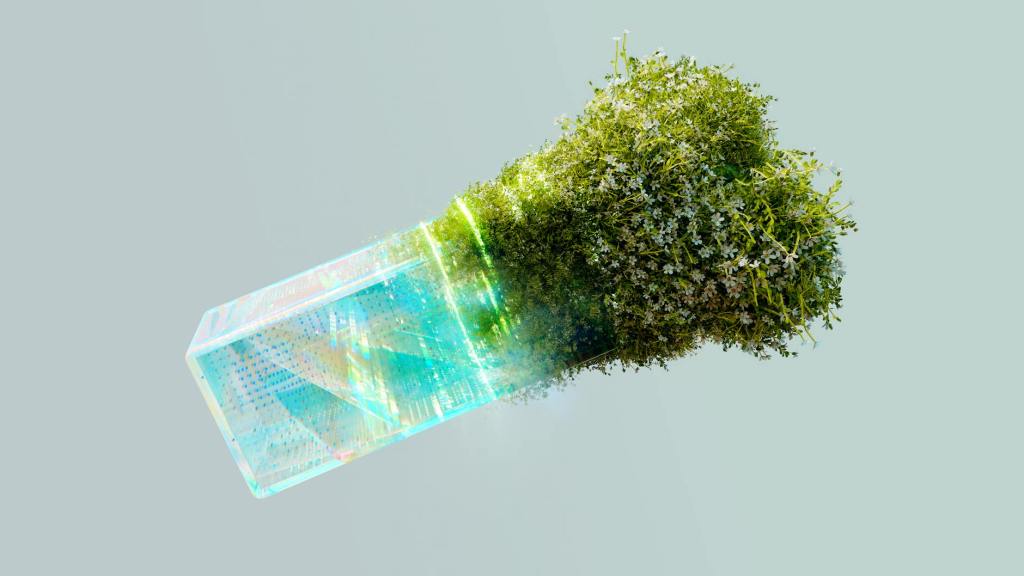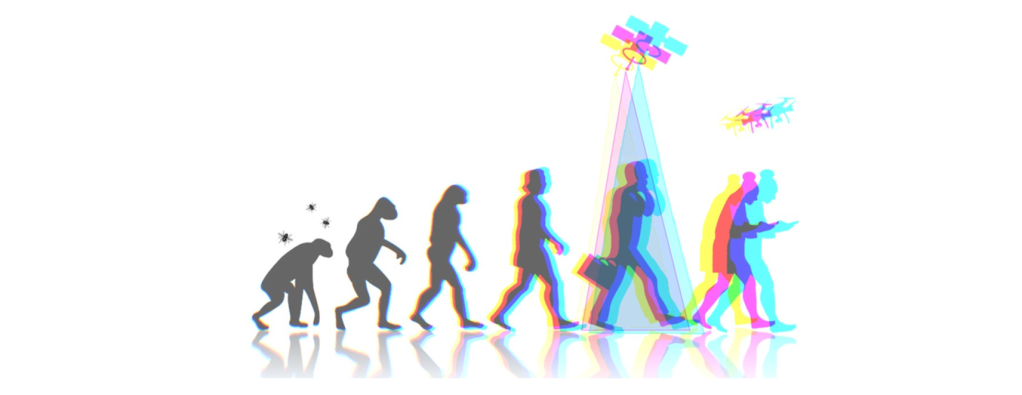
A fresh perspective on a fast-changing world
The Earth’s climate and ecosystems are changing at an unprecedented rate. Never has it been so important to monitor environmental change and understand the consequences of human activities on planetary processes.
Seminars and Events
Application of Artificial Intelligence to the study of Environmental Risks (AI4ER) Seminars
These usually occur weekly during term time, 16:00-17:00 on Tuesdays. Seminars are held in the Drum Building, Madingley Rise and online via Zoom.
https://talks.cam.ac.uk/show/index/95728
Energy and Environment Group (EEG) Seminars, Department of Computer Sciences and Technology
Research Themes
We explore the vast spectrum of remote sensing of environmental change. Our work spans from the intricate ecosystems to the evolving human landscape, from the frozen realms of the cryosphere to the dynamic coastal zones, and from the atmospheric dynamics to the resilient solid earth.
Discover more about our esteemed researchers, delve into their innovative projects, and explore their groundbreaking publications. Join us in unraveling the complexities of our changing world through the lens of remote sensing technology.

Ecosystems
Ecosystems are comprised of organisms living as a community within their abiotic environment and interacting as a system. No ecosystem on Earth is unaffected by people.

Human Landscapes
Rapid global urbanisation has highlighted the importance of understanding changing interactions between humans and the environment.

Atmosphere
The chemistry of the gases and particles in the air around is hugely important. Understanding of atmospheric chemistry enables new pathways to reduce air pollution and climate change.

Ice
The cryosphere, which encompasses all portions of the Earth’s surface where water is found in solid form, is one of the most dynamic components of the Earth’s climate system.

Water
Coastal ecosystems play important roles in hazard regulation (through wave energy dissipation); climate regulation (through carbon sequestration); and disaster risk reduction.

Solid Earth
The solid Earth provides a record of the Earth’s geological past, and also controls the characteristics and behaviour of processes active at the present day.
Publications
Explore our diverse range of publications, each leveraging earth observation and remote sensing techniques to deepen our understanding of the world. From deciphering complex ecological systems to monitoring changes in urban landscapes, our publications offer insights into various facets of our planet through the lens of cutting-edge remote sensing technology.
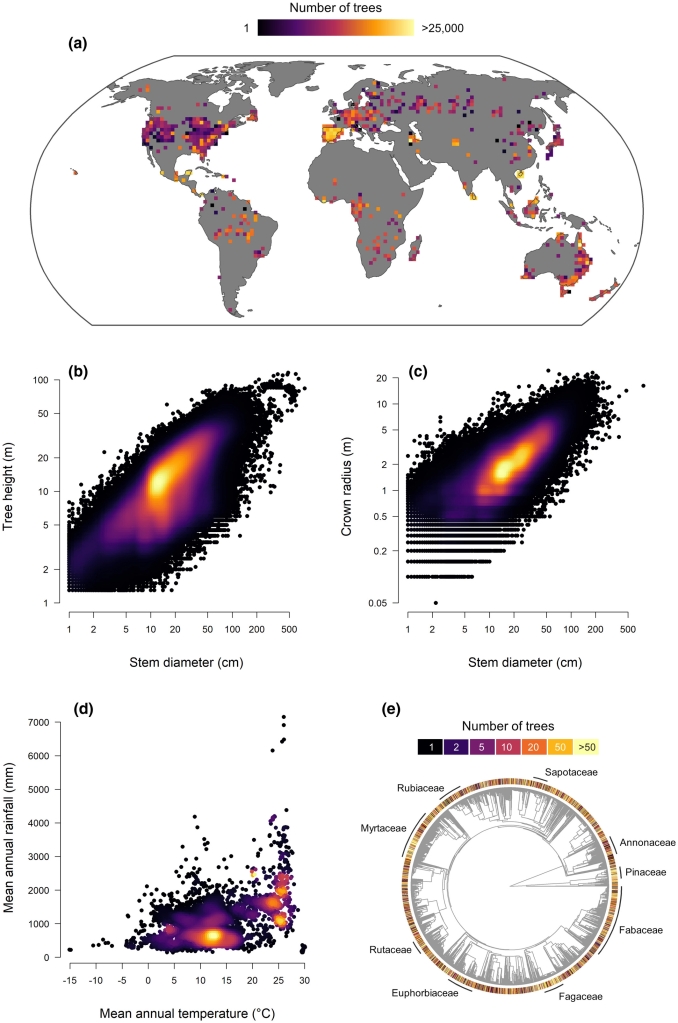
Showcase and Expertise
- World-leading research on the remote sensing of environmental change
- Discovering the expertise by University and partner organisations
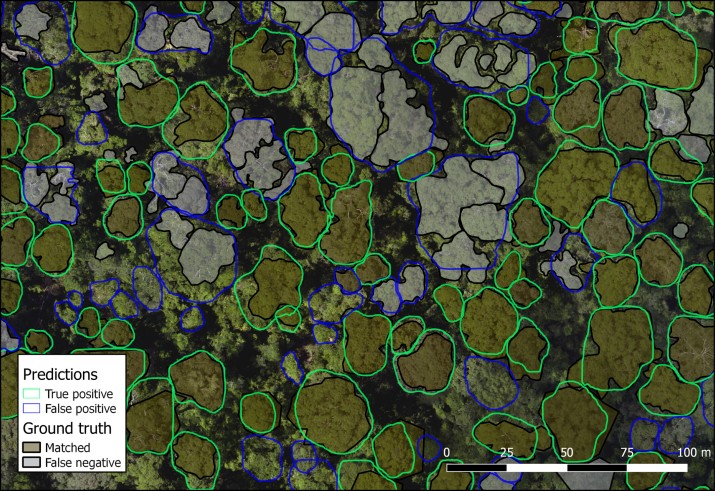
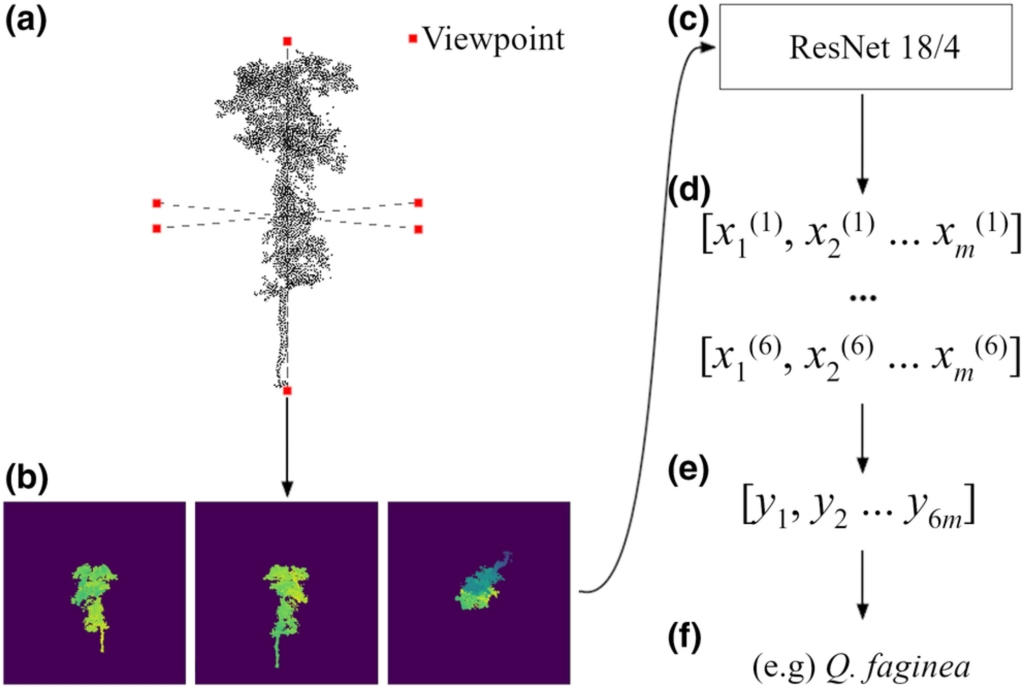
Resources and Opportunities
Welcome to the resources and opportunities section, a dynamic hub connecting researchers, students, and professionals in the realm of environmental science and remote sensing. Explore an array of curated resources, including academic journals, training programs, funding opportunities, and career development resources. Whether seeking data for research, skill enhancement, or career advancement, this comprehensive selection of resources and opportunities is tailored to support and inspire individuals on their journey of discovery and innovation.

